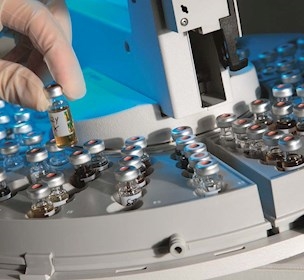How do you know if PFAS is a problem for your company?
Man-made chemicals PFAS face possible EU ban from 2026: It is time to assess its impact on your production value chain
10,000+ PFAS chemicals might need to be removed or replaced
Per- and polyfluoroalkyl substances (PFAS) are man-made chemicals widely used in industry and consumer products worldwide since the 1940s. The term covers more than 10,000 chemicals characterised by durability and persistence.
You can find PFAS in everything from water-repellent clothing, cleaning products, nonstick cookware, stain-resistant fabrics and carpets, personal care products like shampoo and makeup, to semiconductors, solar panels, medical devices, firefighting foams, and products that resist water, grease, water and oil. They don't break down and accumulate over time. Tests have increasingly found the substances in almost all natural environments, in food, and blood samples of most people.
Total EU ban of PFAS on the table from 2026
In February 2023, a proposed EU ban started rocking the boat of production companies everywhere: The 2000-page restriction proposal put forward by Denmark, Sweden, Norway, the Netherlands and Germany advocated a total ban of PFAS with a few time-limited exceptions. It is one of the broadest restriction proposals in EU history. For products that do not fall under the exceptions, PFAS will no longer be allowed one and a half years after the adoption of the final proposal.
A full or part PFAS ban could impact the majority of industries
If you are in industries like electronics, metal processing, food production, pharma, Power-to-X and chemical manufacturing, a potential PFAS ban will seriously impact how you source materials and conduct your production value chain. Now is the time to map out any dependence on PFAS, what can be done to replace these chemicals and make the necessary changes to your production should the ban go into effect in 2026.
Get in touch to find out how we can help you assess your use of PFAS now. We can also assist you in finding out how to find alternatives to PFAS and adapt your production if the total PFAS ban or ban with use-specific derogations goes into effect.

Health - we want to contribute to improved health and safety
We create healthy and safe environments for people through innovation and research in e.g. production processes and product safety and by assisting companies with market access in the life science and food industries.Related
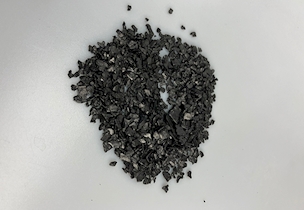
Fighting Teflon waste: Producers get impartial help
/Case
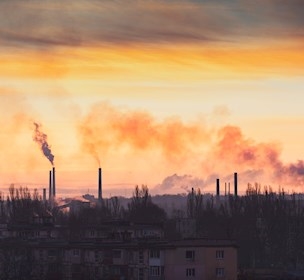
Clean air and reducing emissions
/Page
FORCE Technology supports industry, authorities and society in measuring and documenting emissions.
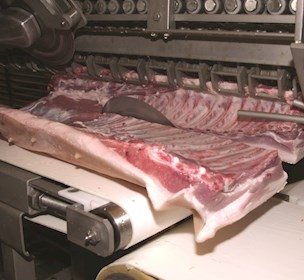
Professional network for food contact materials
/Club
In the network we meet to share knowledge about topics related to food contact materials.

Consultancy on Danish and European chemical legislation
/Service
Get assurance that you comply with the rules on the content of harmful substances in your products.
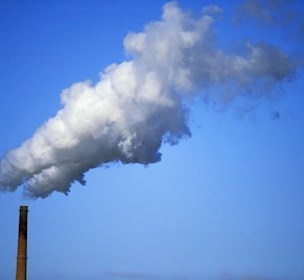
Airborne emissions, incl. odour and micropollutants
/Service
Emission measurements ensure compliance with regulatory requirements for measuring.
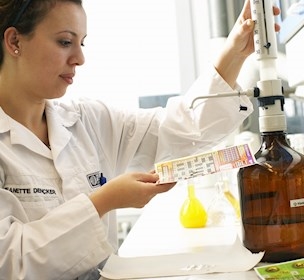
Chemical analyses of consumer products
/Service
Chemical analyses of many different types of consumer products and product related materials.

Chemical risk assessment
/Service
Risk assessment ensures that a product meets applicable regulatory and consumer requirements.


